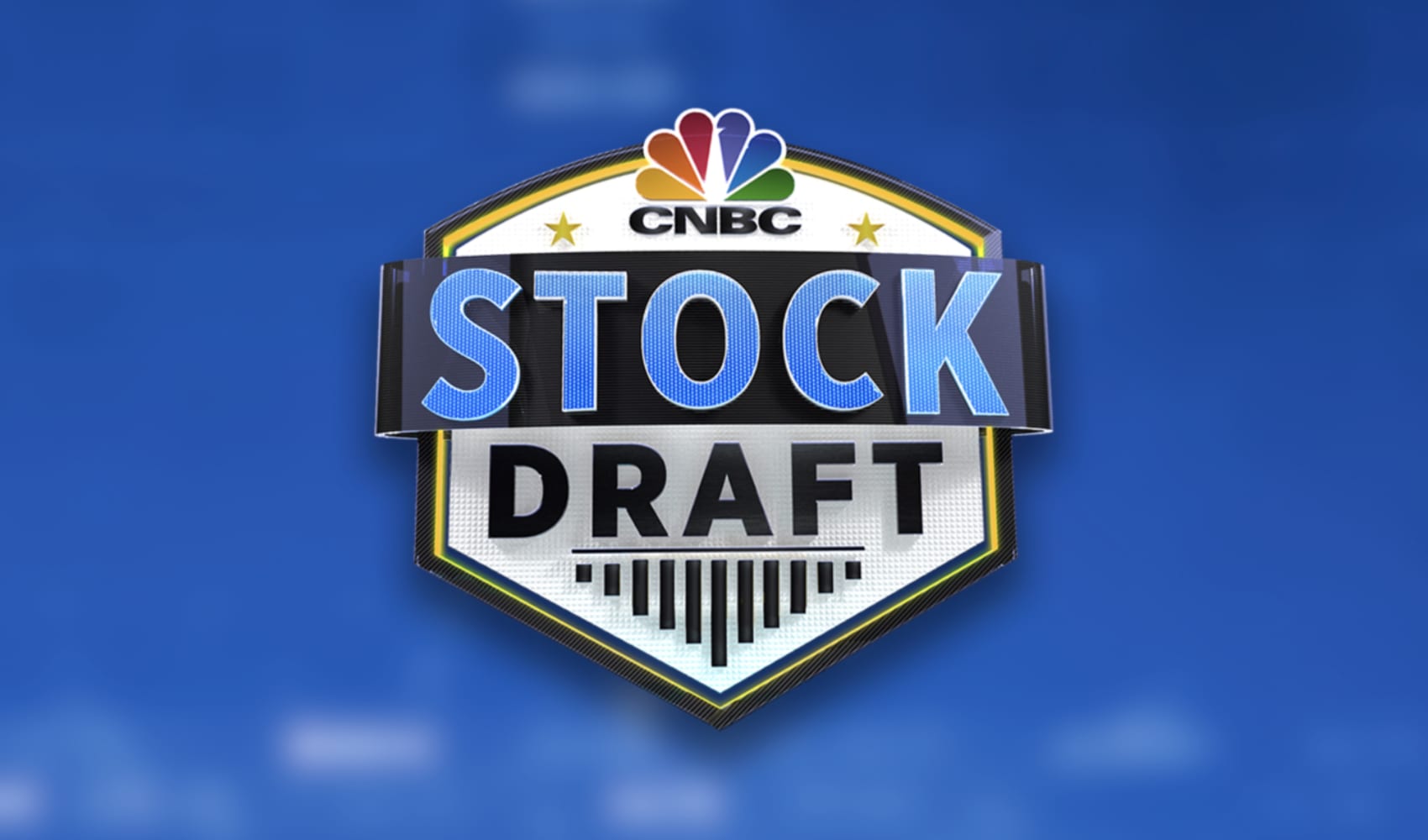
- Hong Kong's Hang Seng index fell Friday as tech shares tumbled again in a volatile week of trading.
- U.S. stocks rallied during Thursday's regular session even as data showed second-quarter GDP rose less than expected.
SINGAPORE — A week of volatile trading in Chinese markets has left Hong Kong's Hang Seng index 5% lower.
Both Hong Kong and mainland-listed stocks fell on Friday, losing the partial recovery they made after diving earlier this week. Hong Kong's Hang Seng index ended Friday off session lows, but still closed about 1.4% lower at 25,961.03.
Tech stocks fell, reversing from their Thursday gains. Alibaba tumbled around 4%, Tencent was down about 2.6%, and Meituan dived nearly 6%. The Hang Seng Tech index overall lost around 2.6%.
Get San Diego local news, weather forecasts, sports and lifestyle stories to your inbox. Sign up for NBC San Diego newsletters.
Mainland-listed stocks were also subdued. The CSI 300 tumbled 0.81% to 4,811.17, while the Shanghai composite declined 0.42% to 3,397.36 and the Shenzhen component was down 0.29% to 14,473.21.
The yuan, however, recovered strongly after selling off earlier this week, tracking the stock losses. The offshore yuan was at 6.4624 on Friday afternoon, after weakening to around 6.52 levels earlier this week.
Japan leads losses in other Asia-Pacific markets
Money Report
Japan's Nikkei 225 dipped 1.8% to close at 27,283.59, while the Topix lost 1.37% to 1,901.08.
Reuters reported the country's industrial output jumped 6.2% in June, sharply rising from a 6.5% drop in May. June retail sales rose 0.1% from a year earlier, less than forecasts for a 0.2% gain.
South Korea's Kospi was down around 1.24% to close at 3,202.32.
The S&P/ASX 200 in Australia closed 0.33% down to 7,392.60. Markets will be tracking the Covid situation in Sydney, which reported a record daily rise in Covid cases Thursday despite an extended lockdown. Reuters reported that authorities have requested help from the military in enforcing the lockdown.
Meanwhile, National Australia Bank's stock gained 0.62% after the bank said it would buy back $2.5 billion Australian dollars ($1.85 billion) in shares, according to Reuters.
MSCI's broadest index of Asia-Pacific shares outside Japan lost around 1%.
Stocks rallied stateside during Thursday's regular session even though data showed U.S. second-quarter GDP rose 6.5% on an annualized basis, considerably less than the 8.4% Dow Jones estimate.
The Dow Jones Industrial Average gained about 150 points on Thursday after reaching a new intraday high. The S&P 500, which also briefly touched an all-time high, finished the day up 0.4% at 4,419.15.
"Yesterday's rebound in Chinese equities after the recent regulatory induced sell-off provided a positive lead to the solid performance in risk asset overnight," said Rodrigo Catril, senior FX strategist at National Australia Bank.
Currencies and oil
The U.S. dollar index, which tracks the greenback against a basket of its peers, was at 91.911, dropping from levels above 92 the day before.
The Japanese yen traded at 109.57 per dollar, strengthening slightly from levels above 109.9 earlier in the week. The Australian dollar changed hands at $0.7384, after a dip earlier in the week to around $0.735.
Oil prices dipped in the morning of Asia trading hours, with Brent crude futures down 0.54% to $75.64 per barrel. U.S. crude futures were lower by 0.46% to $73.29 per barrel.






